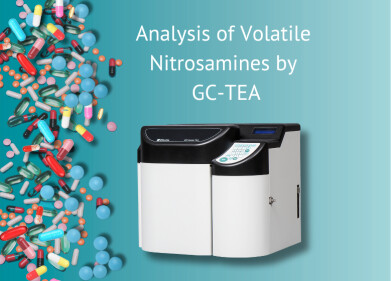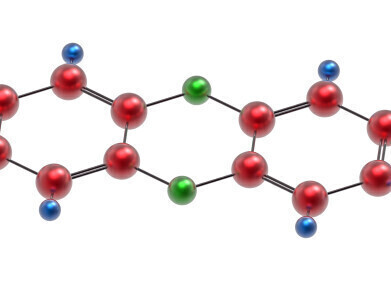GC-MS
Analytical instruments for Food Safety testing
Feb 14 2023
Food safety is of paramount importance for manufacturers of food and beverages, especially in the European Union where regulations such as the General Food Law Regulation (EC) No. 178/2002 and the Regulation (EC) No. 882/2004 on official controls for the food and feed chain, lays out the general principles and requirements of food law and the official controls on food and feed. In order to comply with these regulations and ensure that their products are safe for consumption, manufacturers must carefully control and monitor contaminants such as pesticides, mycotoxins and heavy metals. Fraudulent products and improper food ingredient labeling can also pose a significant threat to consumer safety, and must be prevented through vigilant monitoring and testing.
Analytical instrumentation technologies and methods, such as mass spectrometry coupled with liquid chromatography (LC), gas chromatography (GC) and inductively coupled plasma (ICP), provide the tools necessary to support and guarantee food safety. These technologies allow for the accurate and precise detection and measurement of contaminants, making it possible to identify and remove potentially harmful substances from food products.
Mass spectrometry is a powerful tool that can be used to identify and quantify a wide range of contaminants, including pesticides, mycotoxins and heavy metals. When combined with liquid chromatography (LC) or gas chromatography (GC), it can provide highly accurate and specific results, making it an essential tool for food safety testing.
Inductively coupled plasma (ICP) is another powerful analytical technique that can be used to detect and measure contaminants such as heavy metals. ICP uses high-energy plasma to atomize and excite samples, making it possible to detect even trace amounts of heavy metals in food products.
The use of these analytical instrumentation technologies and methods is not only important for ensuring compliance with food safety regulations, but also for protecting consumers, animals, and plants from the potential harms of contaminants. In today's globalized food market, it is crucial that food manufacturers take the necessary steps to guarantee the safety of their products, and analytical instrumentation technologies and methods provide a reliable and efficient means of achieving this goal.
In addition, the use of advanced traceability systems, such as blockchain, can help ensure that the food products we consume are safe and properly labeled. Blockchain technology allows for the creation of an immutable and transparent record of the entire food supply chain, from farm to table, enabling the rapid identification and recall of potentially contaminated products.
In conclusion, the safety of our food supply is of critical importance, and manufacturers must take the necessary steps to ensure that their products are free of contaminants such as pesticides, mycotoxins, and heavy metals. Analytical instrumentation technologies and methods, such as mass spectrometry, liquid chromatography, gas chromatography, and inductively coupled plasma, provide the tools necessary to support and guarantee food safety, and blockchain technology can also play a role in ensuring the authenticity and integrity of food products. Food safety regulations in the EU, such as the General Food Law Regulation (EC) No. 178/2002 and the Regulation (EC) No. 882/2004 on official controls for the food and feed chain, lays out the general principles and requirements of food law and the official controls on food and feed, it's important for manufacturers to comply with these regulations to ensure the safety of the food products for consumption
More information online
Events
May 11 2025 Vienna, Austria
May 18 2025 Tempe. AZ, USA
May 21 2025 Birmingham, UK
Jun 01 2025 Baltimore, MD, USA
Jun 15 2025 Bruges, Belgium














